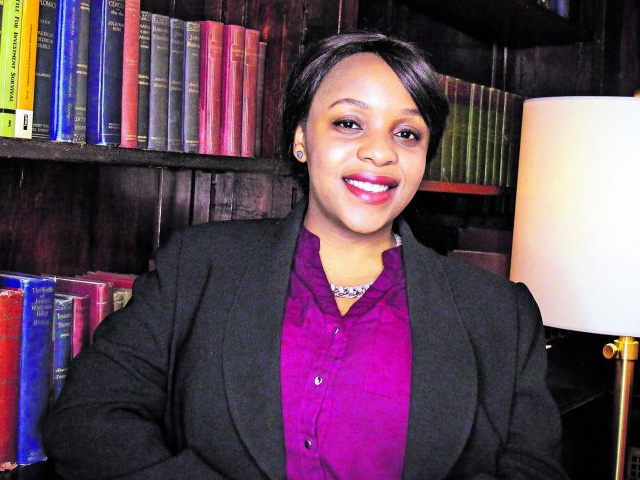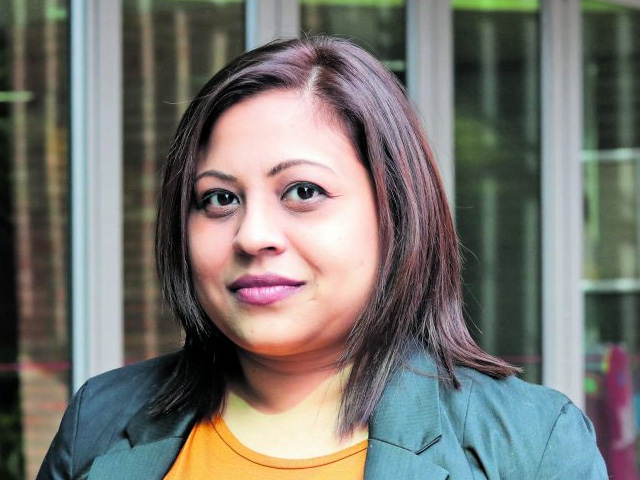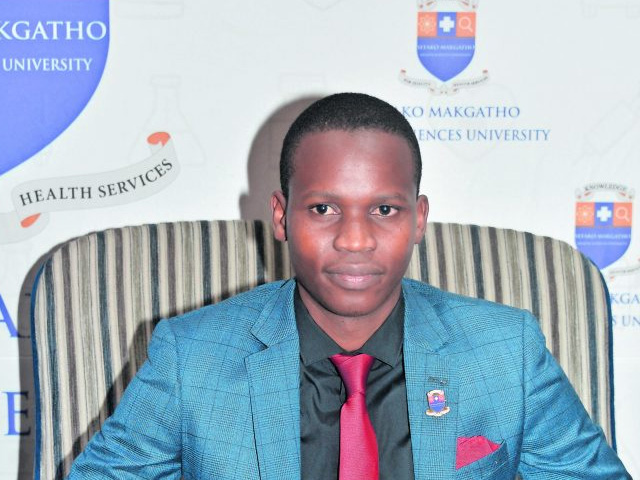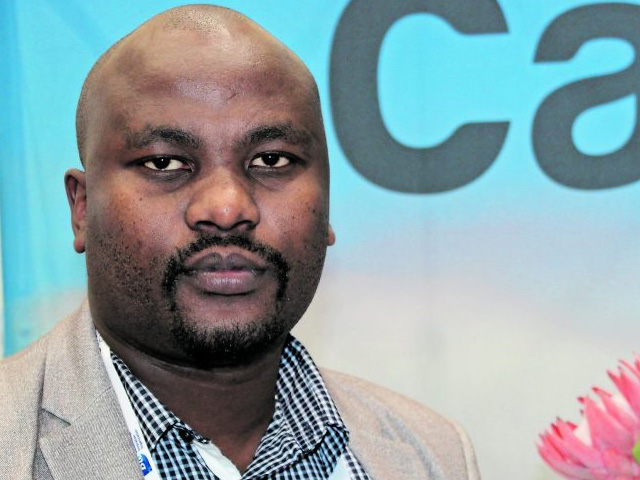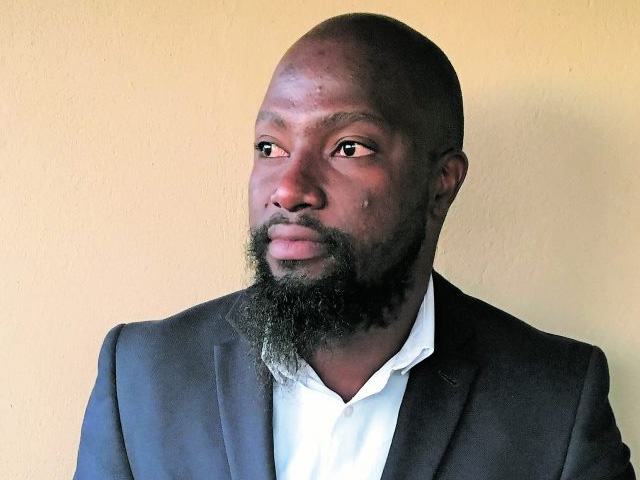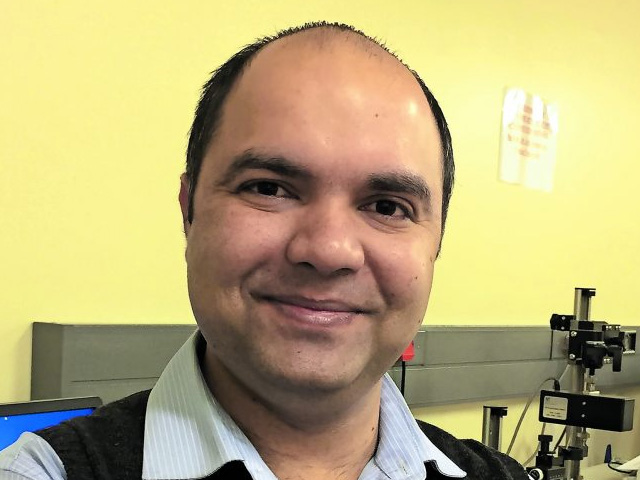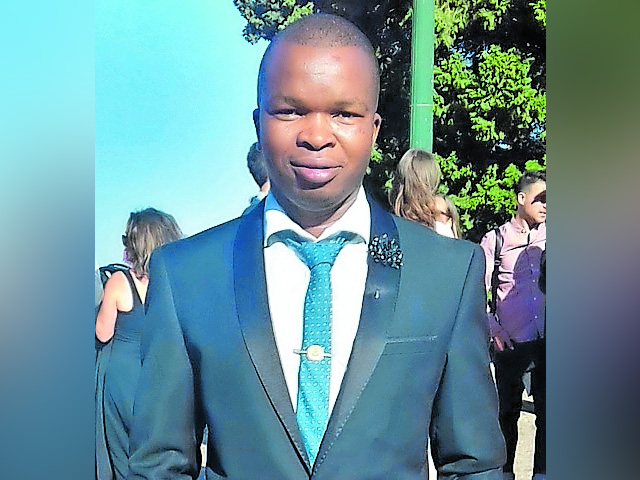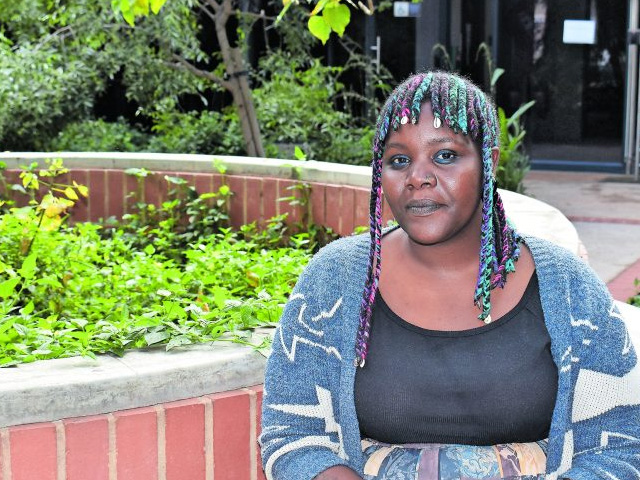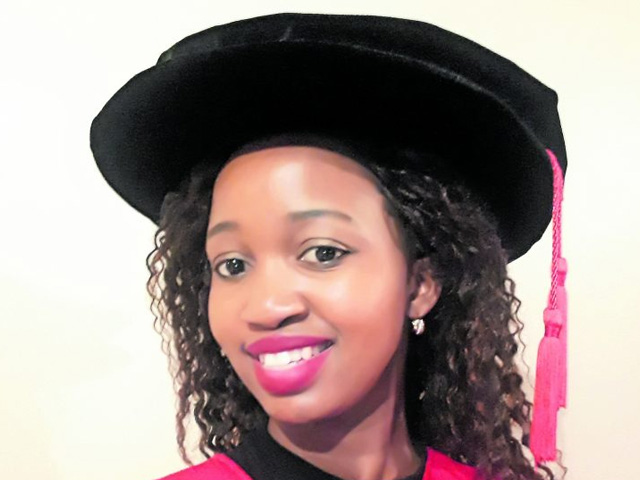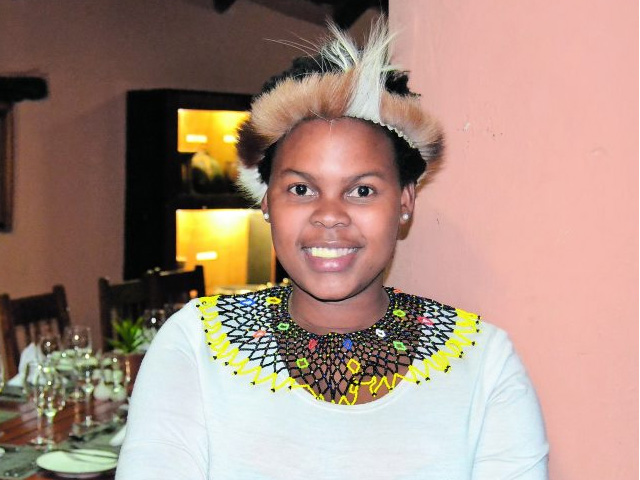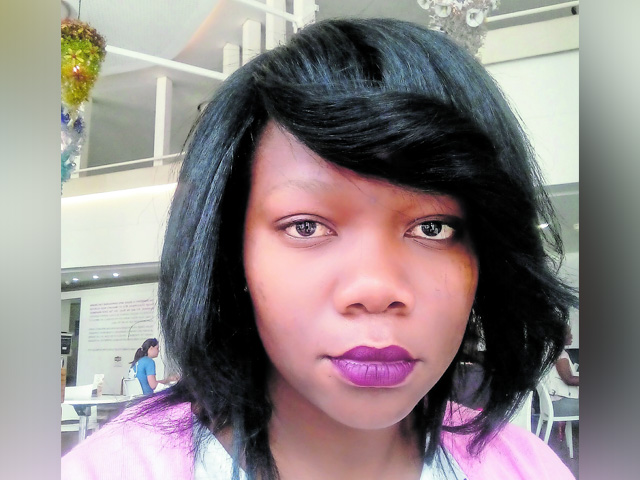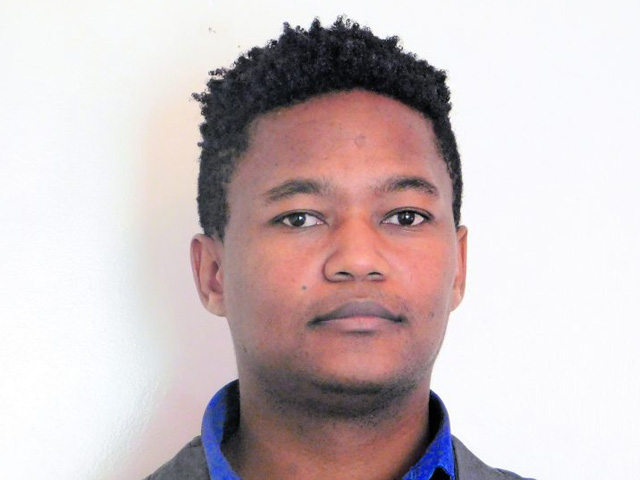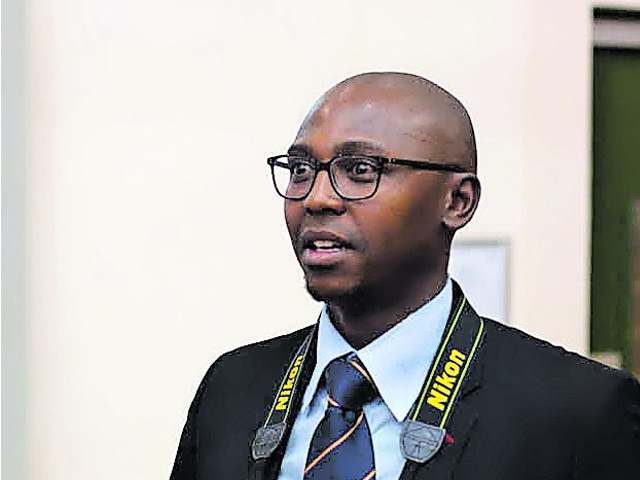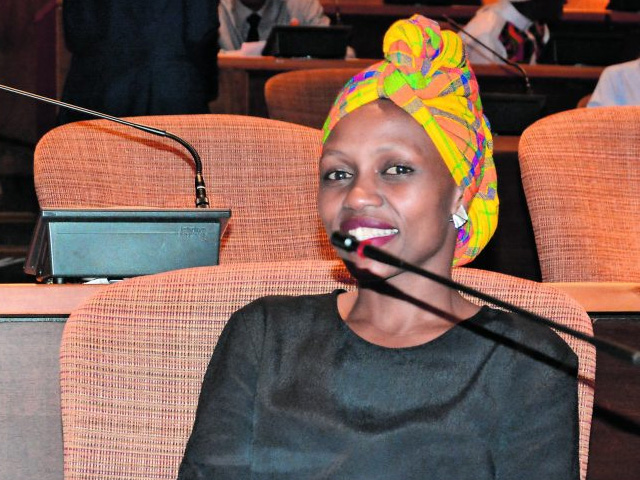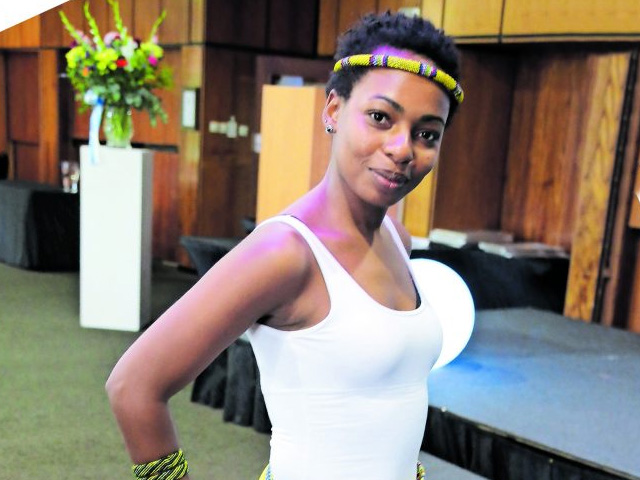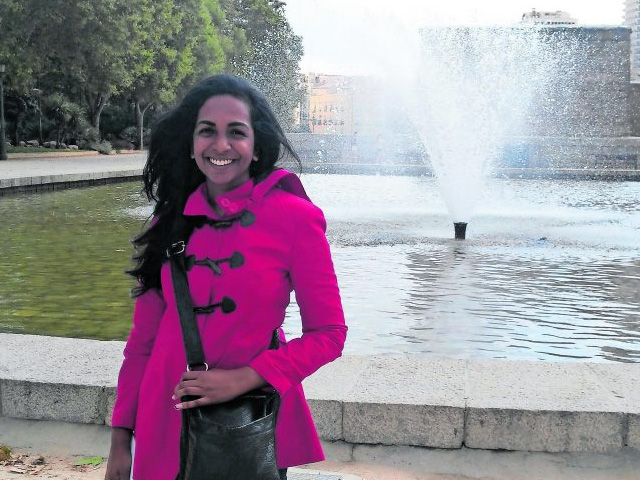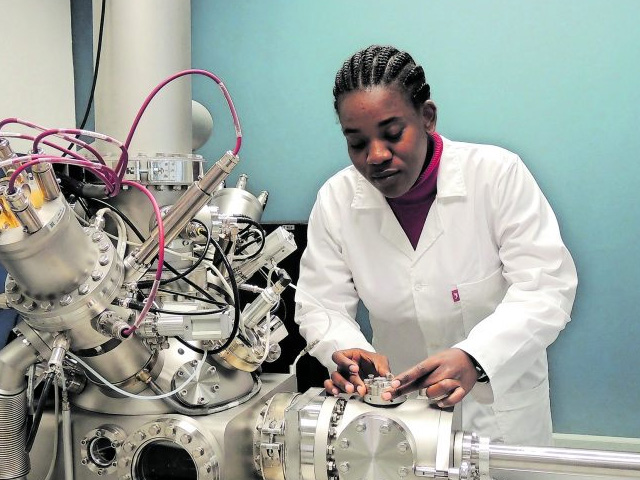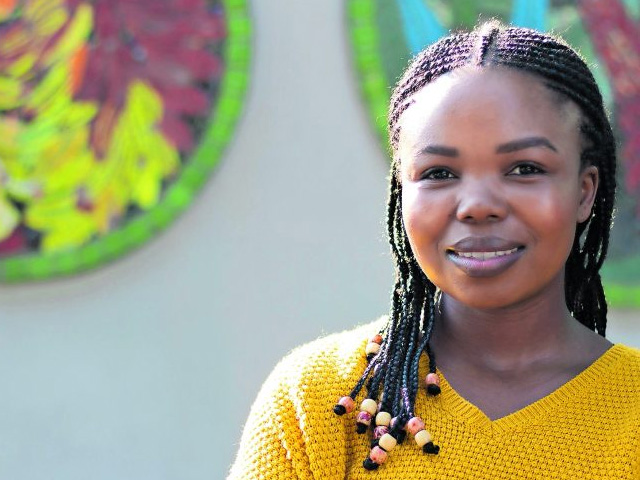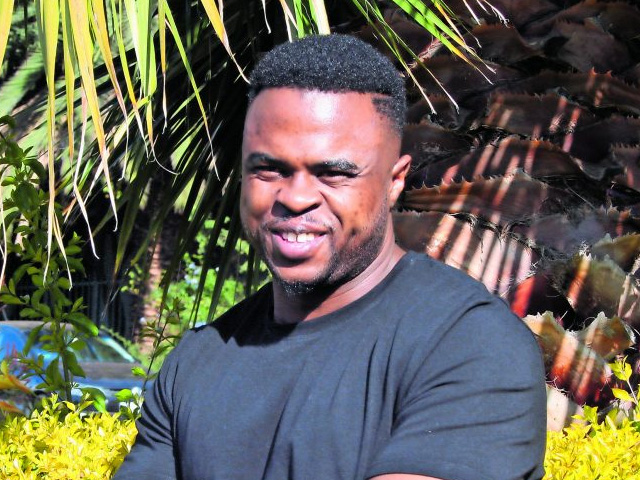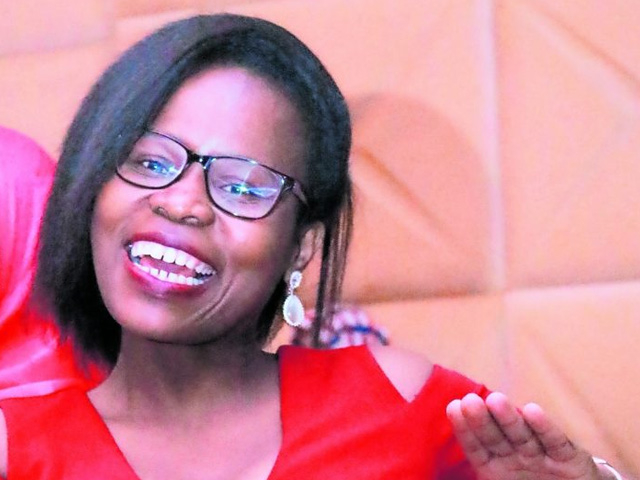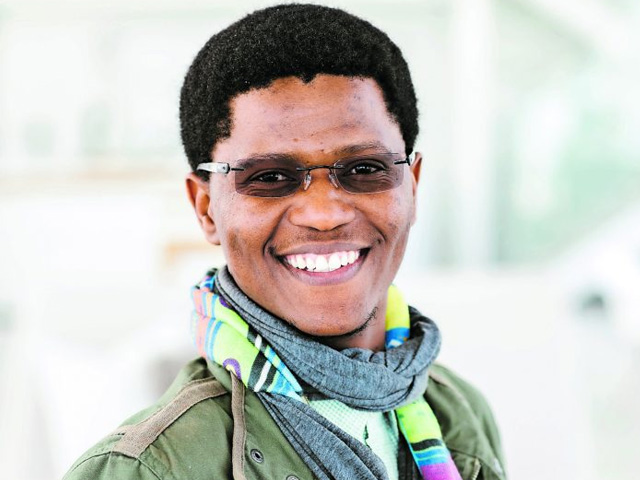“When I was 17, I went to Oxford on a programme designed for high school children. There I studied classical civilisations and was exposed to archaeology properly, for the first time. This trip shaped the way I saw the world and defined much of what I would accomplish in the coming years, both within academics and with regards to giving back to society.”
So says Ruby-Anne Birin, the archaeologist and optically stimulated luminescence (OSL) dating specialist. OSL is a scarce skill in South Africa, with the 23-year-old being one of fewer than five such scientists in the country.
Birin has provided the first set of scientific dates for the occupation of the Bokoni settlement in Mpumalanga. The settlement is the only place in South Africa — and one of the few in Africa — where people used stonewalled terraces for agricultural purposes. The archaeology of Bokoni makes a significant contribution to an understanding of the complexity of pre-colonial farming in Africa. Stonewalled, terraced agricultural sites are significant because they speak to innovative approaches to farming and to long-term relationships with the land. This challenges perceived notions of African farming as unsustainable and constantly shifting.
Birin was also guide and coordinator of the education programmes at Wits University’s Origins Centre which focuses on Southern African archaeology. She assisted in cataloguing the department’s archaeological collection, including online digitising of the collections. Being accepted to Oxford University to read for a master’s degree in Archaeology is, she says, one of the proudest moments of her life.
“Archaeology gives us the ability to understand the lives of everyday people in the past — not just the wealthy and elite,” she says. “It can tell the story of people who did not write their histories. By doing this we give a voice to those who have been robbed of their rightful place in the history books. It problematises how we, as a society, changed and came to be. It allows for those whose stories have only been told by the victor to regain dignity. This is of great relevance in a country where so many people’s stories have been forgotten, manipulated and politicised for personal and selfish gains.” — Carl Collison


